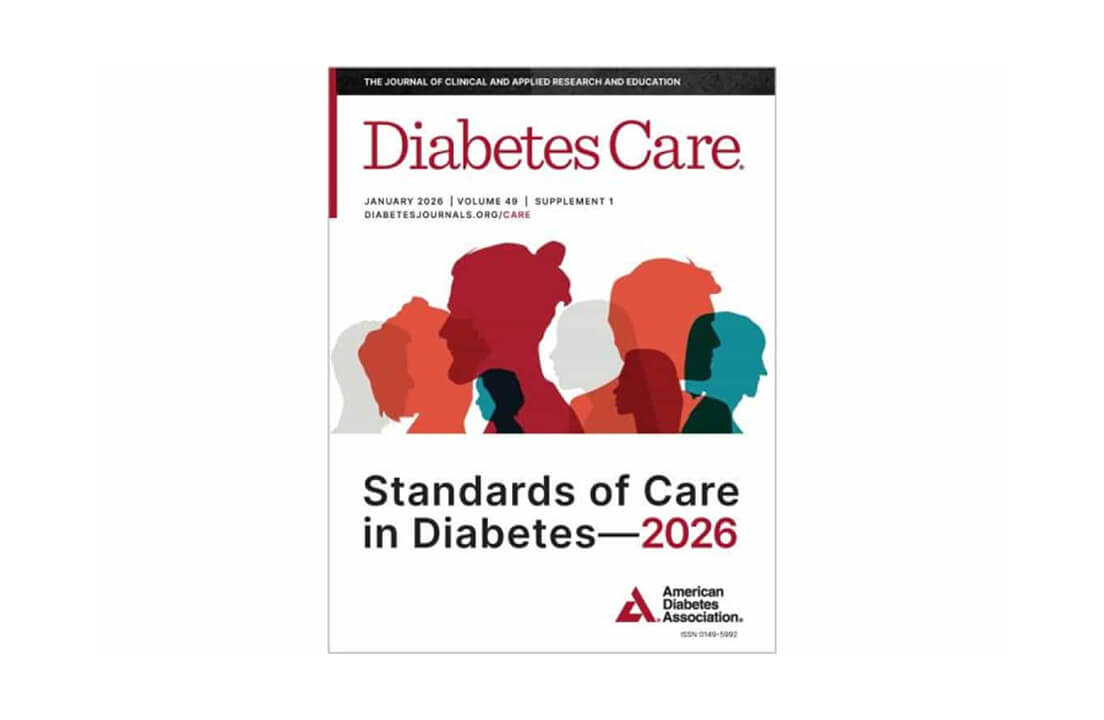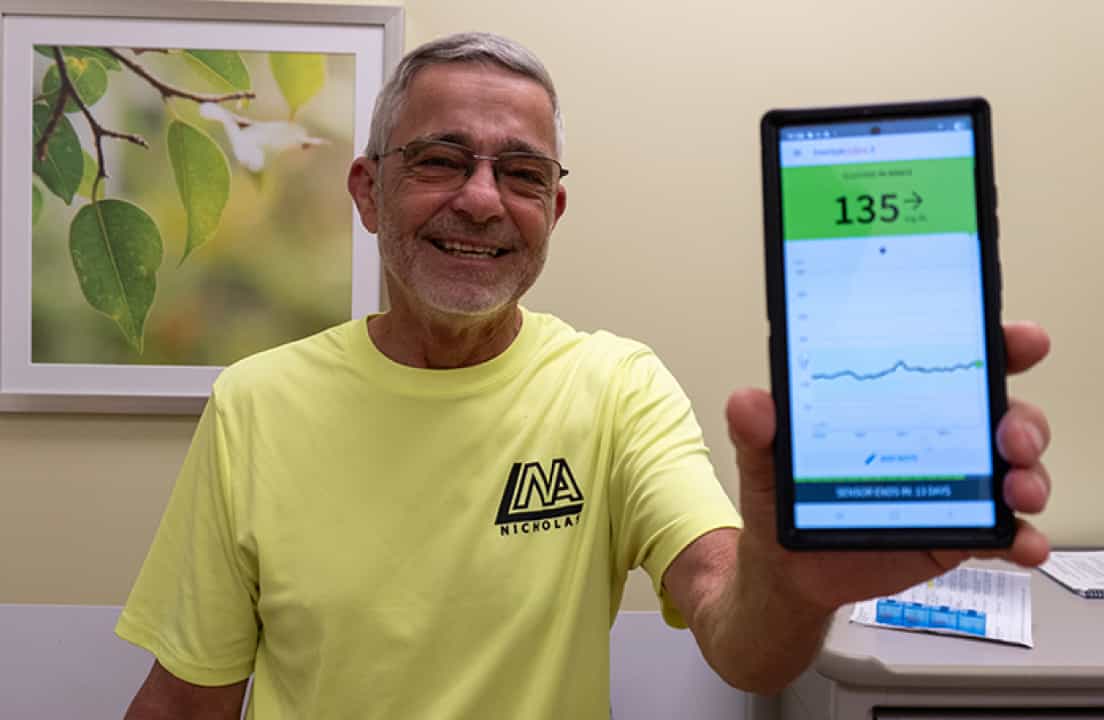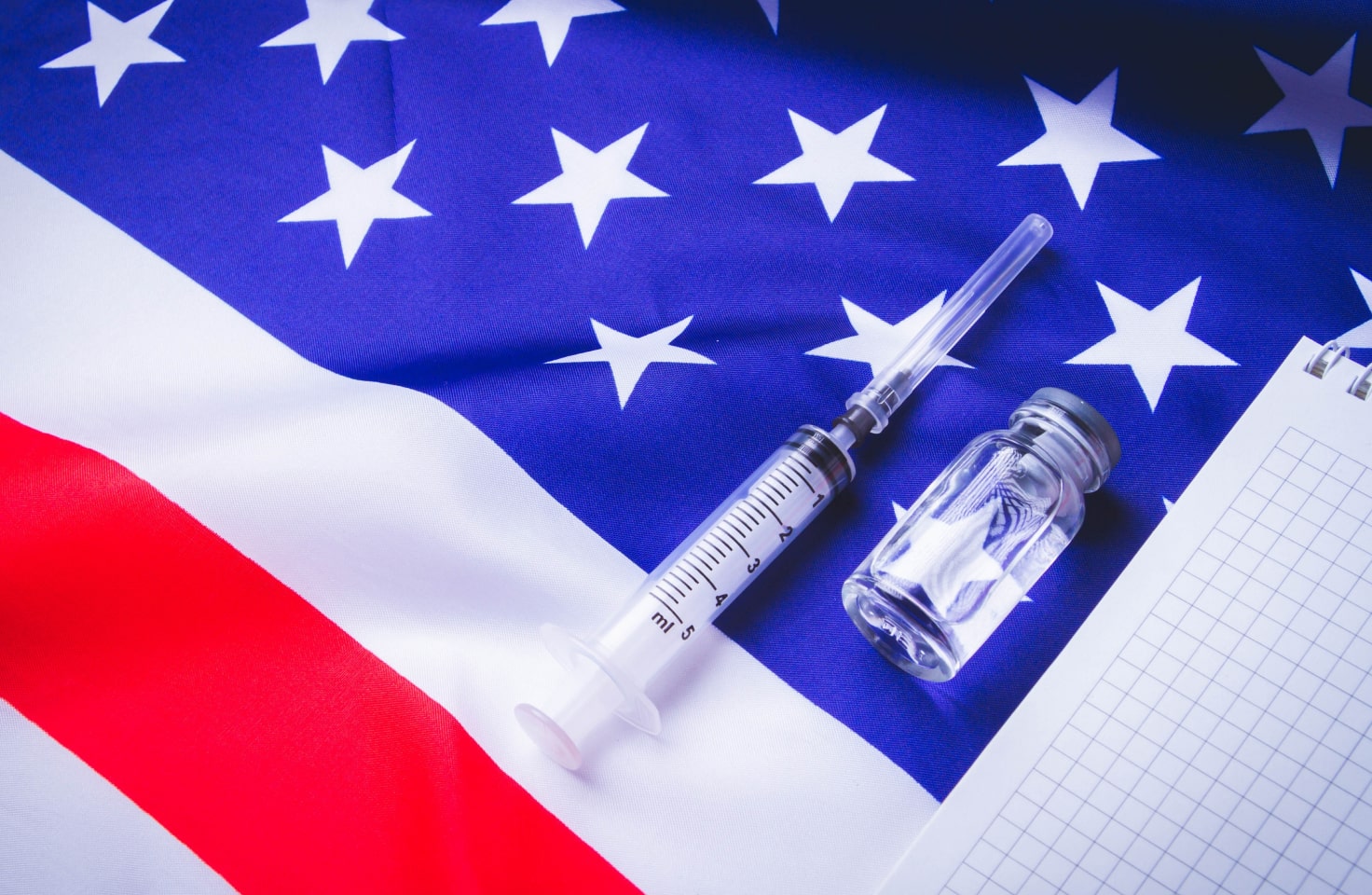T1D Guide
T1D Strong News
Personal Stories
Resources
T1D Misdiagnosis
T1D Early Detection
Research/Clinical Trials
LADA Diabetes - Everything You Need to Know about Type 1.5
LADA (Latent Autoimmune Diabetes in Adults), also known as type 1.5 or type ½ diabetes, is between type 1 and type 2 on the diabetes spectrum. It resembles type 1 in origin and is often misdiagnosed as type 2. All three diabetes mellitus types have similar symptoms; however, though the parallels are evident, LADA is distinct in many ways. Read on to understand what makes LADA unique and the risks and treatments for this mysterious malady.

What is Type 1.5 or LADA Diabetes?
LADA may be the most misunderstood of all diabetes mellitus (DM). Unlike the other types of DM (type 1 diabetes (T1D), type 2 diabetes (T2D) and gestational), LADA is more honed to affect young adults aged 30-55 years old. Most importantly, like the autoimmune diabetes T1D, LADA is an autoimmune diabetes mellitus that can’t be reversed with diet and lifestyle changes, like some T2D cases.
The National Institutes of Health (NIH) cites that LADA diabetes affects about 20% of patients diagnosed with type 2 diabetes. “This accounts for 5-10% of the total diabetes population, the same number as type 1 diabetes.”
While the World Health Organization (WHO) says that of the 422 million diabetes cases globally, between 17 to 50 million of the T2D population may have LADA.
About LADA Diabetes
To add to the confusion, even though LADA shares the same indicators as type 1 and type 2, the warning signs take much longer to see with LADA as they happen much slower and more sporadically than T1D. The traits are also more apparent and quicker to spot in type 1 diabetes diagnosed cases.
LADA Symptoms and Causes
LADA (Type 1.5) Symptoms
- Frequent urination, especially at night.
- Extreme thirst and hunger.
- Lethargy, feeling exhausted and run down.
- Sudden weight loss.
- Blurry vision.
- Tingly nerves.
- Stomach pain or vomiting.
- Cuts and bruises that are slow to heal.
- Headache.

LADA (Type 1.5) Causes and Risk Factors
As both type 1 and type 2 diabetes are caused by both environmental and genetic factors, Type 1.5 can be triggered by an autoimmune response. Genes may also play a role in LADA, and like in type 2 diabetes, if the individual is overweight or lacks physical activity, the body’s cells may become insulin resistant.
Though more common in adults around the age of 40, LADA cases can occur in individuals in their 70s and 80s, the same as with type 1 and type 2 diagnoses. Typical LADA cases are found with people not obese over the age of 30. The inability to treat LADA with oral medications or lifestyle changes (like in T2D) may indicate type 1.5.
Similarities and Differences of LADA
LADA (Type 1.5) and Type 1 Diabetes
As with type 1 diabetes, the immune system attacks the insulin-producing beta cells in the pancreas. With the destruction of these cells, the body stops producing insulin and requires an exponential insulin source to fuel the body’s cells.
Diabetes complications and secondary illnesses like thyroid disease, celiac and Hashimoto disease are more commonly associated with T1D and LADA as they are both considered an autoimmune disease.

LADA and Type 2 Diabetes
Patients with LADA may need to switch to insulin therapy faster than patients with type 2 diabetes, who can stay on oral medication and glucagon-like peptide-1 receptor agonists (GLP-1RA) drugs longer. However, LADA is often confused with T2D because the pancreas still produces some insulin a little bit longer, and the cells aren’t completely insulin-resistant.
Individuals with a healthy, active lifestyle might question whether they have type 2 diabetes or LADA. LADA typically affects individuals older than 30, and unlike some type 2 diabetes cases, LADA patients have a healthy weight and active lifestyle. Another missing risk factor with LADA often found in type 2 patients is high blood pressure and high blood lipids.
Can type 2 diabetes turn into LADA?
No. Type 1 can’t turn into type 2, and type 2 can’t turn into type 1 or type 1.5. However, people with type 2, a metabolic syndrome, may be misdiagnosed with LADA.
Interesting Fact: According to the National Center for Biotechnology Information (NCBI), coffee consumption can positively and negatively affect people with diabetes. Drinking one cup of coffee daily may lower the risk of type 2 diabetes, improve insulin resistance, and reduce inflammation. However, too much coffee or caffeine can affect how the body uses insulin, which may lead to higher or lower blood sugar levels.

Treatment for LADA
As LADA shares features with the more common diabetes types, its treatment also overlaps. A healthcare provider may start a LADA patient with oral medications and switch to insulin therapy when blood sugar levels inevitably rise.
Insulin treatment requires close observation from trusted healthcare professionals to determine the best insulin type and dosage. Vigilant blood glucose control through either a blood glucose monitor (BGM) or continuous glucose monitor (CGM) is essential, especially in the beginning stages of LADA.
Though treatment for LADA has been disputed, an international expert panel consisting of the American Diabetes Association (ADA) and the European Association for the Study of Diabetes (EASD) released a joint consensus statement in 2021 to address LADA’s diagnosis, goals and care schedules. The panel recommended that all patients newly diagnosed with type 2 diabetes be screened for LADA.
LADA Misdiagnosis
Just as type 1 patients can be incorrectly diagnosed with type 2 diabetes, many LADA individuals are mistakenly diagnosed with type 2.
One way to know for sure is to test for specific islet cell antibodies present in the blood. A GAD Antibodies Test (glutamic acid decarboxylase antibodies) is used to diagnose autoimmune diabetes and differentiate between T1D and T2D.
The test can determine these islet autoantibody markers. If the islet cell autoantibody test shows at least one marker for T1D, the need for insulin therapy is usually part of the diabetes care within five years.

Other Diabetes Tests to Determine LADA include:
· Fasting plasma glucose test. This test is administered after fasting for eight hours.
· Oral glucose tolerance test. This test is given after fasting for eight hours and consuming a high-glucose beverage.
· Random plasma glucose test, administered with a simple blood draw.
· C-peptide testing helps monitor LADA to determine treatment.
The bottom line for treatment is to keep the best Time in Range (TIR) to avoid hyperglycemia (high blood glucose levels). If high blood sugar levels aren’t regulated, the long-term microvascular complications include chronic kidney disease, cardiovascular disease, eye disease and neuropathy. Also, side effects like diabetic ketoacidosis (DKA) may occur.
Diabetic Ketoacidosis
DKA is a serious, potentially life-threatening complication of diabetes (type 1, 1.5 and 2), where sugar builds up in the blood, producing toxic ketones in the body. Symptoms of DKA include nausea, vomiting, stomach pain, fatigue, thirst, and frequent urination.
With diligent glycemic control (blood sugar), advanced technology, medical research, and enhanced diabetes support, treatment plans for diabetes are increasingly positive. The sooner you receive the correct diagnosis, the better.

Action LADA
The nonprofit group Action LADA is committed to researching and treating LADA with clinical studies. Studies also suggest that delaying insulin dependency is key. Most endocrinologists and scientists believe conserving the body’s insulin production (aka beta cell function) for as long as possible is important.
Interesting Fact: Even though as many people have LADA as T1D, LADA isn’t officially recognized as a separate type of diabetes.
The Right Treatment Plan
With typical features and characteristics of T1D and T2D, LADA is tricky to diagnose. However, the treatment is comparable, and a simple blood test can distinguish which type you may have. The UK’s prospective diabetes study found that intensive blood sugar control with conventional insulin treatment lowers the risk of complications.
Watch for the common diabetes indicators—blurry vision, frequent urination, increased thirst, and unexplained weight loss. See a primary care physician immediately if you suspect diabetes.
After a LADA diagnosis, a trained healthcare team that includes a nutritionist and diabetes dietitian, in addition to the diabetes online community (DOC), can offer support and resources.


.webp)





.webp)

.jpg)


.jpeg)
.jpg)
.jpg)

.jpg)
.jpg)
.jpg)

.jpg)

.jpg)

.jpg)
.jpg)



.jpg)



.jpg)




.jpg)

.jpg)



.jpg)

.jpg)




.jpg)
.jpg)
.jpg)
.jpg)
.jpg)
.jpg)
.jpg)

.jpg)
.jpg)

.jpg)



.jpg)
.jpg)
.jpg)

.jpg)

.jpg)














.jpg)


.jpg)







.webp)











.webp)








.webp)